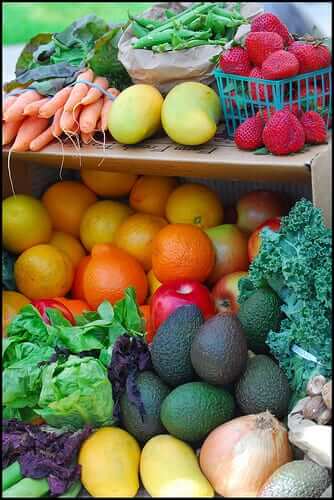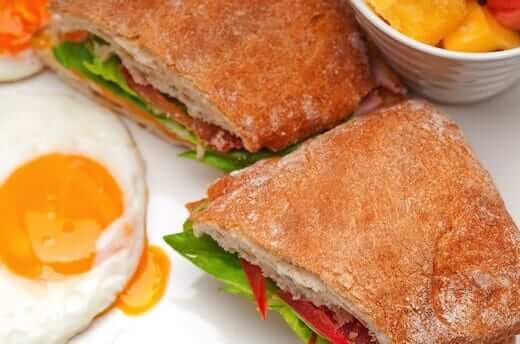Foods with cysteine
The benefits of foods with cysteine are so many that you might find it hard to believe that one compound can achieve so much. Cysteine is an amino acid (a building block of protein) which is both made naturally by the body and obtained from food. There are a number of main tasks that it…
This post may contain affiliate links. Please read our disclosure policy.
The benefits of foods with cysteine are so many that you might find it hard to believe that one compound can achieve so much. Cysteine is an amino acid (a building block of protein) which is both made naturally by the body and obtained from food. There are a number of main tasks that it performs but its many advantages come from its ability to support and boost other amino acids and antioxidants. In other words, it super-charges other compounds so they provide maximum health benefits. A diet of foods with cysteine will therefore give you more rewards than you expected.
What are the benefits of cysteine?
Cysteine boosts the immune system by producing white blood cells to give you optimum protection against diseases. It also works closely with the liver to cleanse the blood and remove from it harmful toxins and metals like mercury. It clears up congestion in your respiratory system and rids the body of disease-causing free radicals.
As mentioned earlier, cysteine offers a helping hand to other compounds by boosting their production and function. It plays a role in producing vitamin B or biotin, which is responsible for the growth and thickening of hair and nails. Cysteine also helps multiply taurine. Taurine is a compound that is necessary for normalizing blood sugar levels, making sure your body provides enough insulin and that blood pressure does not rise. Another compound that gets turbo charged is coenzyme A, which lowers the side effects of stress and slows aging.
By just tweaking your diet to add more foods with cysteine, you stand to enjoy all these benefits and more.
What are foods with cysteine?
Garlic, onions, broccoli, Brussels sprouts and peppers are great vegetable choices if you would like to increase your cysteine intake. Poultry is the favorite among the meats, including chicken, beef and turkey. Since cysteine is an amino acid and amino acids are part of proteins, any foods high in protein like beans, eggs and lean meat are recommended.
Dairy products such as cheese, milk and yoghurt are wonderful suppliers of protein and therefore cysteine as well. Have a bowl of steel-cut oatmeal with a glass of milk for breakfast for a major boost.
Dietary tips
Try to limit fast and processed foods. They contain refined carbohydrates and sugars that are not only hard for your body to process, but might negate your efforts to benefit from the cysteine from fresh fruits and vegetables. Some of the foods to stay away from are white bread, regular pasta, white rice, granulated sugar and pastry.
Choose wisely when it comes to desserts. Instead of fattening, sugary treats like cake nibble on healthy snacks like seeds and nuts.
Precautions
Consuming too much cysteine can be as harmful as having too little of it. It can cause digestive problems, nausea and vomiting. In some instances, it could cause problems in the liver, tightness in the chest and allergies. Eating foods with cysteine is unlikely to trigger these symptoms but supplements, unless prescribed by a doctor, can cause conditions like kidney stones.


Leave a Comment